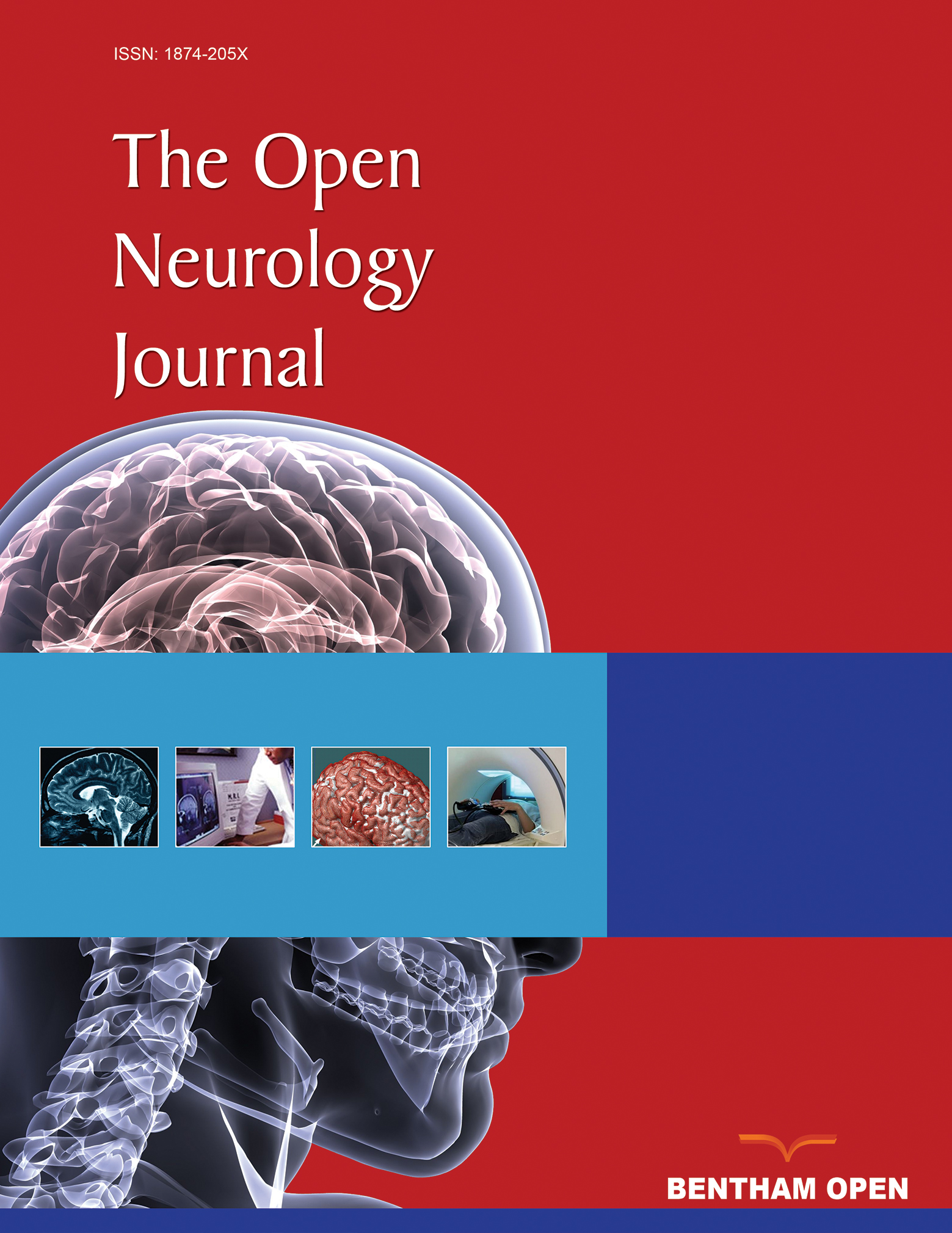Do Cannabinoids Confer Neuroprotection Against Epilepsy? An Overview
Abstract
Objective:
Cannabinoid-based medications provide not only relief for specific symptoms, but also arrest or delay of disease progression in patients with pain, multiple sclerosis, and other conditions. Although they also seem to hold potential as anticonvulsant agents, evidence of their efficacy in epilepsy is supported by several evidences.
Method:
The data reviewed herein lend support to the notion that the endocannabinoid signalling system plays a key modulation role in the activities subserved by the hippocampus, which is directly or indirectly affected in epilepsy patients.
Conclusion:
The notion is supported by a variety of anatomical, electrophysiological, biochemical and pharmacological findings. These data suggest the need for developing novel treatments using compounds that selectively target individual elements of the endocannabinoid signalling system.


